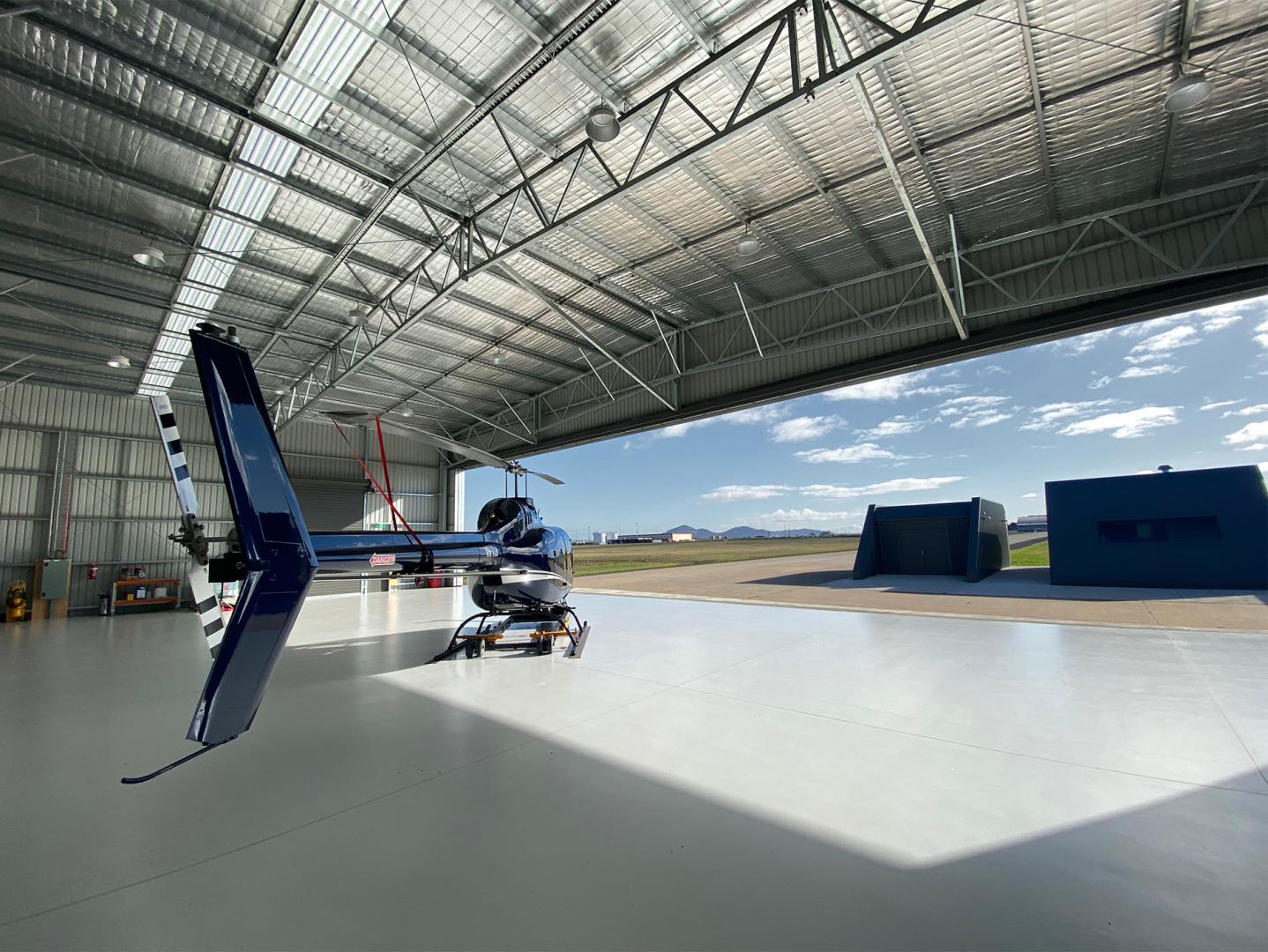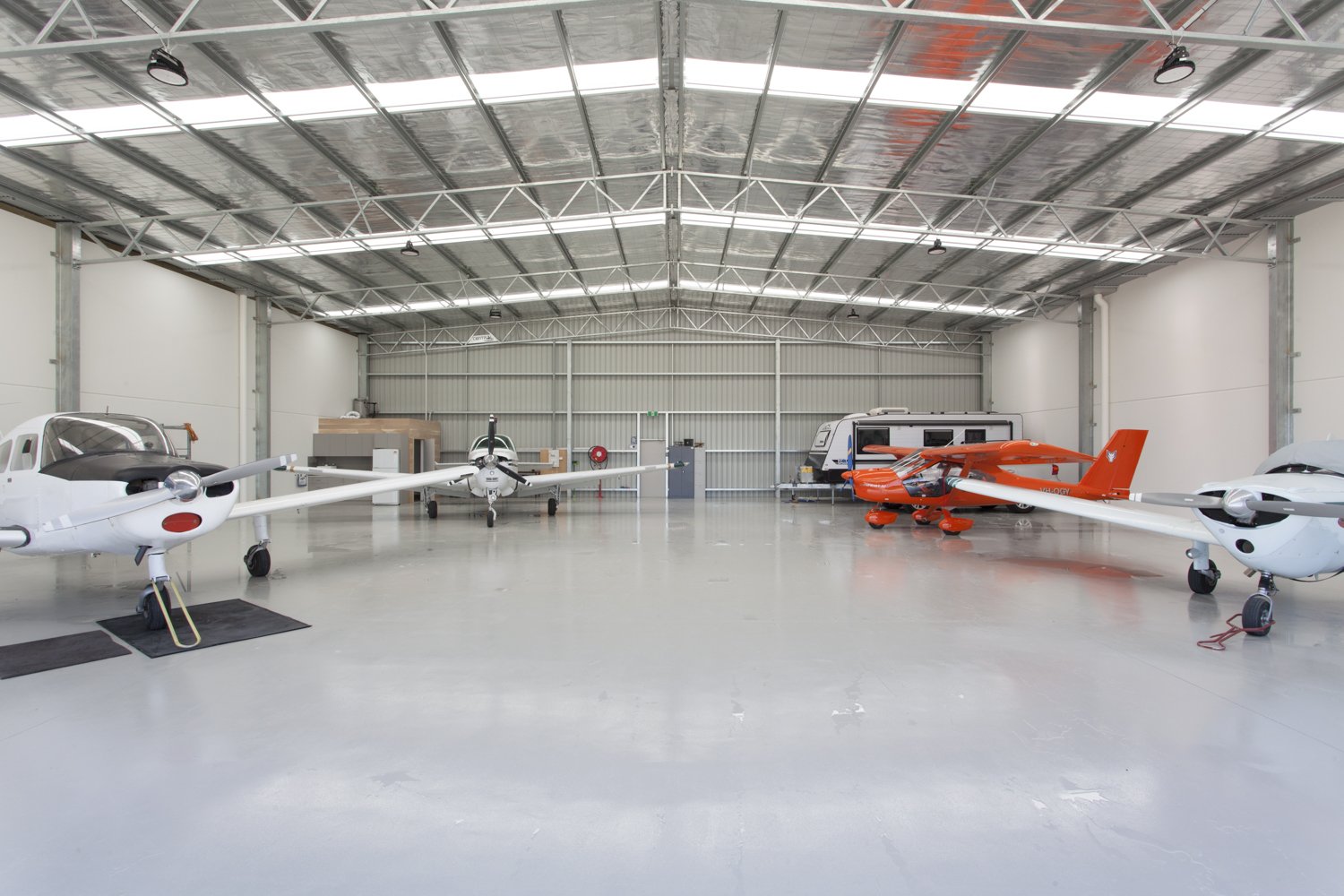Introduction
Tucked away within the vast expanse of airports, hangars serve as sanctuaries for aviation enthusiasts and businesses alike. They safeguard precious aircraft, providing protection from the elements and a dedicated space for maintenance and storage. Naturally, renting a hangar comes with its own set of financial considerations. This comprehensive guide will delve into the intricacies of hangar rental costs, empowering readers with the knowledge they need to make informed decisions.

Image: buildersvilla.com
Understanding Hangar Types and Features
Before exploring rental fees, it’s essential to understand the different types of hangars available. They range from basic structures to state-of-the-art facilities, each catering to specific aircraft needs and budgetary constraints. Common hangar types include:
- T-Hangars: Economical, single-unit hangars designed for smaller aircraft.
- Box Hangars: Enclosed, multi-unit hangars with shared walls, offering enhanced security.
- Corporate Hangars: Luxurious, customized hangars tailored to the needs of corporate jet owners.
Within each hangar type, variations in size, amenities, and location can significantly impact rental costs. Key features to consider include:
- Size: Hangar dimensions, measured in terms of width and depth, dictate the size of aircraft they can accommodate.
- Amenities: Additional amenities such as heating, cooling, electricity, and workshops may be included in the rental fee or billed separately.
- Location: Proximity to major airports, cities, or other amenities can influence rental costs.
Factors Influencing Hangar Rental Costs
Now that we understand the different hangar types and features, let’s examine the factors that drive rental costs:
- Location: As with real estate, location plays a crucial role. Hangars located at busy airports or in high-demand areas tend to have higher rental fees.
- Size: Naturally, larger hangars require more space and resources to maintain, leading to higher rental costs.
- Amenities: Hangars with additional amenities, such as heating, cooling, or workshops, often come with higher rental fees to cover the extra operating costs.
- Lease Term: The length of the lease agreement can also impact rental costs, with shorter leases typically commanding higher monthly fees.
- Market Conditions: Supply and demand dynamics in the aviation industry can influence rental costs. During periods of high demand, rental fees may increase.
Average Hangar Rental Costs
While rental costs can vary widely depending on the factors discussed above, here’s a general overview of average hangar rental costs in different regions:
- United States: Small T-Hangars: $200-$500 per month; Medium Box Hangars: $500-$1,000 per month; Corporate Hangars: $1,000-$5,000 per month.
- Europe: Small T-Hangars: €150-€300 per month; Medium Box Hangars: €300-€600 per month; Corporate Hangars: €600-€2,500 per month.
- Asia: Small T-Hangars: $150-$400 per month; Medium Box Hangars: $400-$800 per month; Corporate Hangars: $800-$3,000 per month.

Image: buildersvilla.com
Tips for Negotiating and Securing a Hangar Rental
Negotiating a hangar rental agreement involves careful consideration and attention to detail. Here are some tips to help you secure the best deal:
- Conduct Thorough Research: Understanding market conditions and comparable rental rates is crucial.
- Inspect the Hangar: Physically inspect the hangar before signing the lease agreement to ensure it meets your needs and expectations.
- Identify Essential Amenities: Determine the amenities that are indispensable for your aircraft and factor them into your negotiations.
- Read the Lease Carefully: Carefully review the lease agreement, paying special attention to the terms, rental fees, and responsibilities.
- Consider a Long-Term Lease: If possible, consider signing a long-term lease to secure favorable rental rates and avoid frequent rent increases.
How Much Does It Cost To Rent A Hangar
Conclusion
Renting a hangar is an important decision that requires careful financial planning. By understanding the different hangar types, factors influencing rental costs, and negotiation tips, you can confidently secure a hangar that meets your needs at a fair price. Remember to consider additional expenses associated with hangar rental, such as insurance, utilities, and maintenance costs, to ensure a comprehensive financial plan. With the knowledge gained from this guide, you’re well-equipped to embark on the exciting journey of hangar ownership.